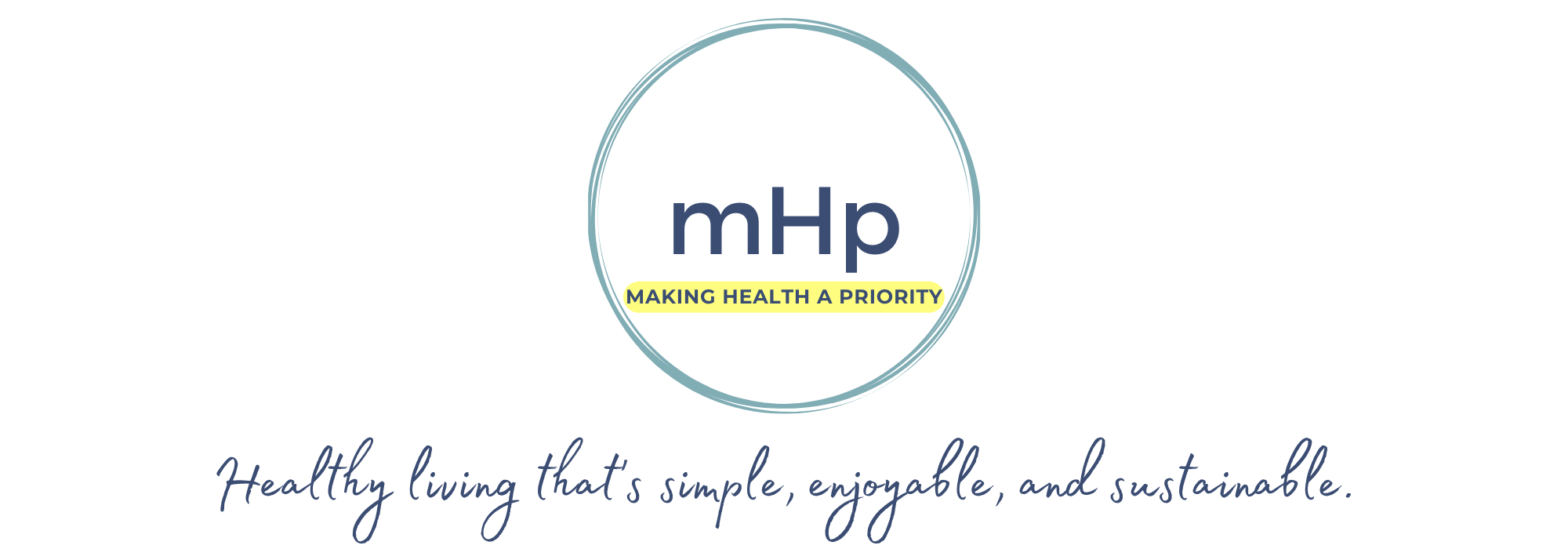The Problem With Produce (And 4 Things We Can Do About It)
Photo by Boxie61/iStock / Getty Images
We know that fresh vegetables and fruit are good for us. The problem is this: Although these foods are nutrient-dense powerhouses for good health, they're also a bit high-maintenance.
They know they're special, and they want to be:
- handled with care
- cleaned
- prepped
- enjoyed within a small window of time.
If we can abide by their terms, we can benefit from all their goodness (vitamins, minerals, fiber, and antioxidants to promote good health). If not, we miss out.
I can't tell you how many times I've bought beautiful produce, only to have in sit in the refrigerator, rot, and eventually get thrown out. Talk about a waste. It's like having access to medicine your body needs, but never taking time to open the bottle.
Heavily-processed foods, on the other hand, will let us off the hook. They're much lower maintenance. They'll hang out on the shelf for a few months (sometimes years!), prepared, easy, ready, waiting to have our back when we're short on time, not motivated to prepare anything, or just want to comfort ourselves.
Their convenience and great taste (due to excessive sugar, salt, fat, and chemicals) are hard to resist. But they leave our bodies with an emptiness, a longing for real food.
I'm not saying we can't indulge in unhealthy foods from time to time. But if we're serious about leading a healthier life, we need to put our focus on the healthy stuff -- nutritious whole foods that are as close to their natural state as possible.
Below are 4 simple things we can do to maximize our use of fresh produce. These aren't rocket science, but they can save us money and time, and prevent waste, when it comes to these nutritious superfoods.
1. Plan. Having a plan of when and how you will use the produce makes a big difference. Sounds obvious, right? Yet knowing what we should do and doing this are two different things. I'll admit that I tend to drag my feet with meal-planning. Something about over-planning my week makes me feel a bit trapped. Yet when I take the time to plan and get everything I need for the week in one focused trip to the store, it saves me time and money, and it keeps me from turning to convenience food at the last minute.
2. Prep. Clean, cut, and store your produce right when you get home from the store, before putting it in the refrigerator. Save time by doing it all at once and getting it out of the way. Want the kids to reach for something healthy after school? Have a big fruit bowl or veggie tray ready to go. Need individual portions for lunches? Divide the prepped food into smaller containers right away.
3. Freeze. Not going to have a chance to use it all? Put it in the freezer before it goes bad. Frozen veggies can later be used in soups and other dishes. Of course, fruits like berries and melon work well for smoothies, but a frozen salad mix (such as a spinach/kale mix) and frozen cucumbers work great too! Check out this smoothie recipe, which uses a salad mix and cucumber.
4. Compost. Despite our best efforts, sometimes our produce rots before we've had a chance to use it. It's sad, but it doesn't have to be the end of the story. It's life can live on! By keeping this waste in a compost pile, we can create "black gold," which works as a great fertilizer for our gardens.
This post was originally published on May 21, 2017.



Thanks for checking out my blog! To learn a bit more about me, click here. If you would like to join my email list, you can subscribe here. You can also "like" the Making Health A Priority Facebook page by using the icon at the bottom of this page. Wishing you the best on your journey to better health!
Kiley Owen, PA-C